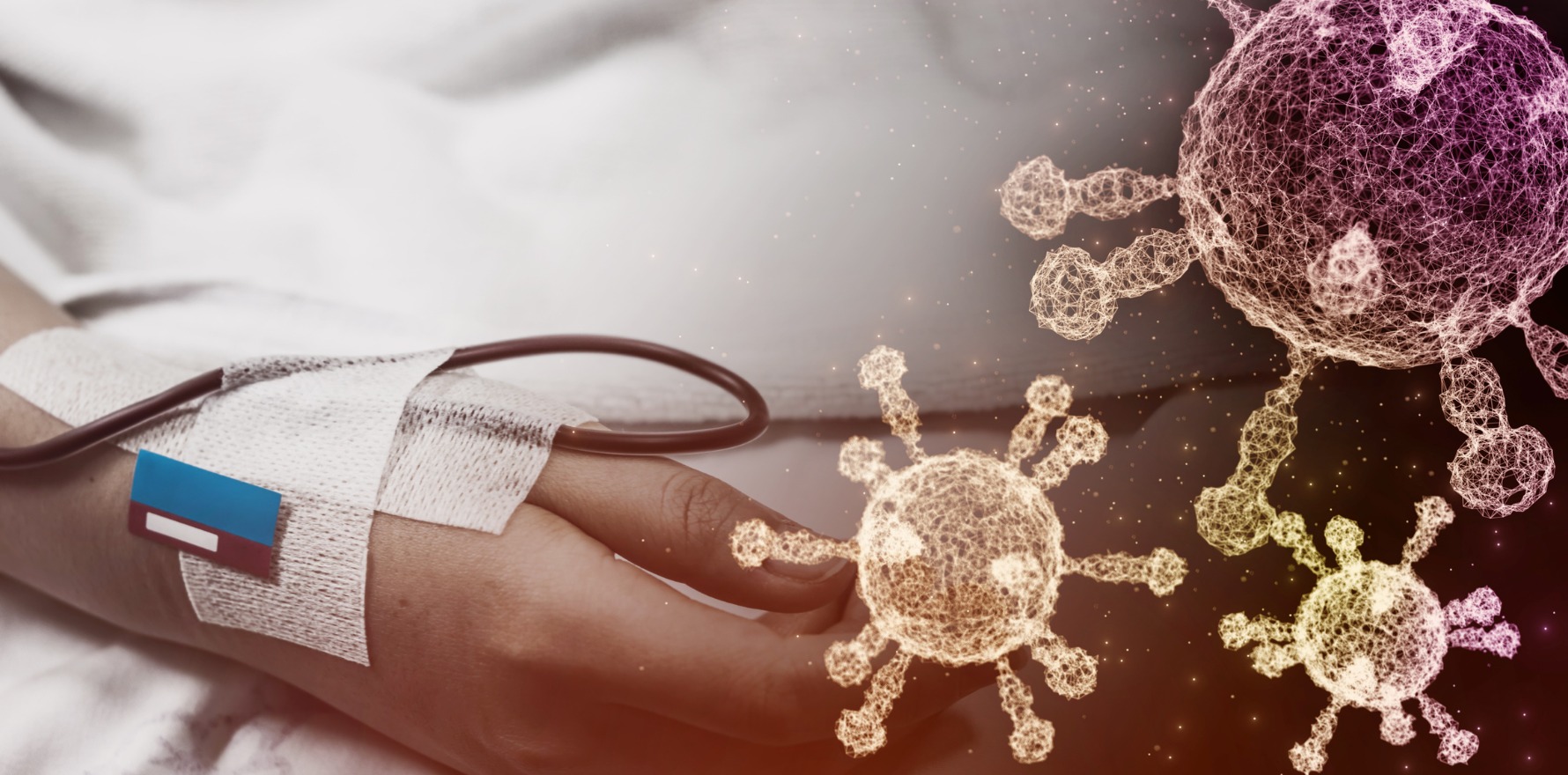In 2020, Australians underwent 160,000 fewer diagnostic services for cancer. But each cancer type was affected differently.
The pandemic led to a drop in the use of medical services across 14 cancers in 2020, a report has found.
Cancer Australia used MBS claims data to measure the decline in cancer-related services in its latest report.
It found there were 163,595 fewer diagnostic services for 14 cancer types – 8% less than expected – in 2020.
Similarly, the number of therapeutic procedures was down 14,600 nationally (9% compared to the previous year).
The changed varied for each cancer type. Diagnostic procedures were 13% lower for colorectal cancer, 12% lower for liver cancer, 9% lower for lung cancer, 7% lower for prostate cancer and 6% lower for stomach and pancreatic cancers.
However, breast and uterine cancer diagnostic procedures were on par with the previous year, and there was a 5% higher than expected use of diagnostic services for kidney cancer.
Surgery and other procedures were lower than expected for breast cancer (6%), melanoma (14%), pancreatic cancer (7%) and gynaecological cancers (8%), but similar to the expected for lung cancer, liver cancer, prostate cancer, kidney cancer, stomach cancer and colorectal cancer.
“This report shows us the sustained impact of the pandemic by presenting the number of cancer-related diagnostic services and therapeutic procedures between January and December 2020, and how these compare to previous years,” said Professor Dorothy Keefe CEO Cancer Australia.
“Any potential delays in diagnoses and treatment in response to these reductions in services may lead to more cancers being diagnosed at a later stage and poorer outcomes for some patients.”
Another study, led by Cancer Council NSW and University of Sydney cancer researchers, found that around half of 1,000 cancer patients and healthcare workers surveyed suffered disruption to their care during the pandemic.
Of most concern to the patients was the lack of psychosocial support, the PLOS ONE study found.
A third of the 683 patients and survivors included in the study indicated they had to reschedule appointments, 10% reported having treatments postponed and 12% said their planned screening tests had been rescheduled. A further 7% had elective surgeries delayed.
“Due to social distancing the hospital put my treatment on hold. This has been very stressful,” said one survivor.
Almost half of the 150 healthcare workers surveyed agreed there were atypical delays in delivering cancer care and half said access to research and clinical trials had dropped.
“Very concerned about the reduction in diagnosed cases and what that will do to our patients and us over the next five years,” said one healthcare worker.
Mexican researchers who investigated the pandemic experiences of 500 patients with thoracic malignancies, found increased levels of anxiety, depression and distress.
According to the paper, which was published in The Oncologist, the cohort of patients who were depressed or distressed had higher odds of experiencing treatment delays than their peers.
Importantly, the cohort who delayed or modified their treatment schedule had higher mortality.
About one in four patients involved in the study made at least one treatment adjustment during the pandemic, the main change being cancelled or missed outpatient visits.
The most common reason for missing an outpatient appointment was “fear of experiencing a high-risk COVID-19 exposure”, meaning delays were almost exclusively patient-initiated, with only 20% of people modifying their treatment because of advice from their treating team.
“Our results emphasise the relevance of integrating mental health evaluations into the care of patients with thoracic malignancies during the pandemic in order to identify emotional disorders that may contribute to even higher rates of social isolation,” the Mexican National Cancer Institute researchers said.
Similarly, a French cohort study of 80 adults with metastatic colorectal cancer found that fear of covid infection in the healthcare setting had not only affected how cancer patients received treatment, but also diagnosis.
“The differences in tumor burden between patients who were diagnosed before vs after lockdown and the resulting risk of reduced survival point to the association between the pandemic-related lockdown and unfavorable consequences for patients with newly diagnosed metastatic colorectal cancer, who may have delayed their first visit to an oncologist,” the French research team wrote in JAMA Network Open.
The study specifically evaluated the association of lockdown with the tumour burden of colorectal cancer patients who were newly diagnosed.
Half the cohort had been screened in late 2019 or early 2020, and half had been screened in the three months following the country’s first lockdown.
Given that just a four-week delay in treatment is associated with higher mortality for metastatic colorectal cancer patients – giving clear benefit to an early diagnosis – the research team was especially concerned with the outcomes for the post-lockdown cohort.
This fear was realised, with results indicating that the median circulating tumour DNA concentration for the post-lockdown group, at 119.2 ng/mL, was seven times higher than the pre-lockdown group, at 17.3 ng/mL.
JAMA Open 2021, online September 8


